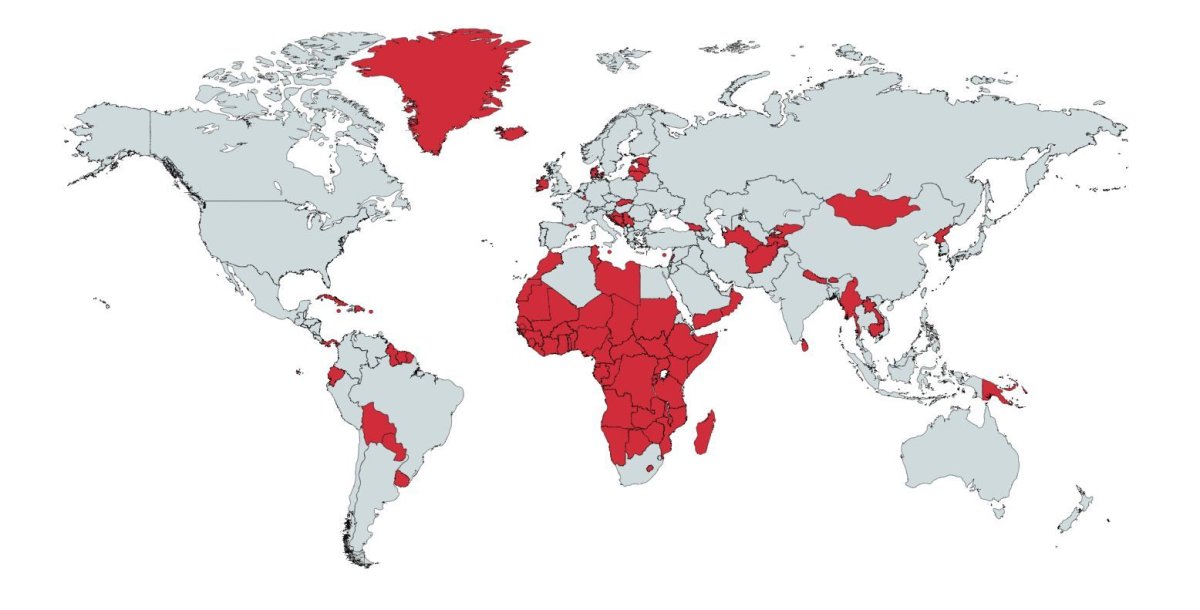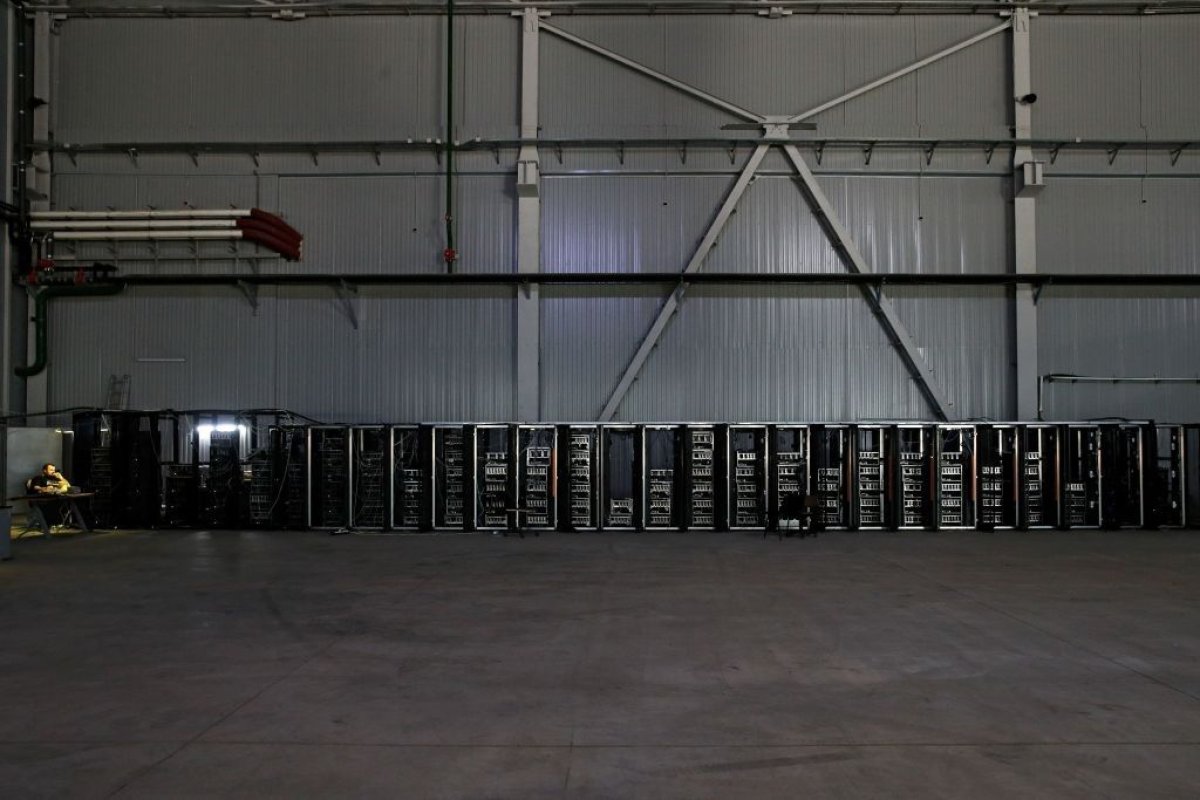A network that underpins the virtual currency bitcoin is projected to require all of the world's current energy production in order to support itself within three years, according to estimates.
The amount of power necessary to support bitcoin has increased significantly in recent months, as its price has surged to record levels. On Monday, one bitcoin was worth around $16,500—a twentyfold increase since the start of 2017.
Bitcoin mining—the process of generating new units of the currency by confirming bitcoin transactions on an online ledger called the blockchain—requires computing power, which is used to solve the complex mathematical puzzles used in the mining process. These problems are designed to become more complicated as more computers join the cryptocurrency's network.
Analysis of how much energy it currently requires to mine bitcoin suggest that it is greater than the current energy consumption of 159 individual countries, including Ireland, Nigeria and Uruguay. The Bitcoin Energy Consumption Index by cryptocurrency platform Digiconomist puts the usage on a par with Denmark, consuming 33 terawatts of electricity annually.

"As mining can provide a solid stream of revenue, people are very willing to run power-hungry machines to get a piece of it. Over the years, this has caused the total energy consumption of the bitcoin network to grow to epic proportions," Digiconomist explains in a blog accompanying the index.
The bitcoin network's energy consumption has increased by 25 percent in the last month alone, according to Digiconomist. If such growth were to continue, this would see the network consume as much energy as the U.S. by 2019, and as much energy as the entire world by the end of 2020.
Such a projection is purely hypothetical, and for it to be realized it would require bitcoin to continue its remarkable growth trajectory and for global energy production to remain stable. A similar estimate created by ZeroHedge in November put the date as early as February 2020, though this was when bitcoin's growth was even steeper.
There has also been debate as to how accurate Digiconomist's figures are. Cryptocurrency investor Marc Bevand suggests the index overestimates the electricity consumption of bitcoin miners by 1.5 to 3.6 times.
Going by Digiconomist's estimates, bitcoin's annual carbon footprint is close to 16,000 kilotons of carbon dioxide. This is largely as a result of the bitcoin network being mostly fueled by coal-fired power plants in China.
But while computer server farms in warehouses are most commonly used to mine the cryptocurrency, cyber criminals have recently turned to botnets in order to exploit the processing power of victims' computers.

More than half a billion people may be inadvertently mining cryptocurrencies from their computers, smartphones and other devices, according to research conducted earlier this year by ad blocking firm AdGuard.
Hidden software was found embedded within 220 popular websites, which have an aggregated audience of over 500 million people. The mining tool hijacks a computer's central processing unit (CPU) and uses it to run mining software in the background.
Websites including Showtime and the torrenting site The PirateBay have been found to include such software, while researchers say the trend is likely to continue as incentives increase with the price of bitcoin.
"How much money have these websites made? We estimate their joint profit at over $43,000," the AdGuard researchers said in an October blogpost that detailed their discovery. At the time, one bitcoin was worth around $5,000.
"Right now it's not millions, but this money has been made in three weeks at almost zero cost...this analysis well illustrates the whole web, so it's safe to say that one of every 40 websites currently mines cryptocurrency."
Uncommon Knowledge
Newsweek is committed to challenging conventional wisdom and finding connections in the search for common ground.
Newsweek is committed to challenging conventional wisdom and finding connections in the search for common ground.
About the writer
Anthony Cuthbertson is a staff writer at Newsweek, based in London.
Anthony's awards include Digital Writer of the Year (Online ... Read more
To read how Newsweek uses AI as a newsroom tool, Click here.








